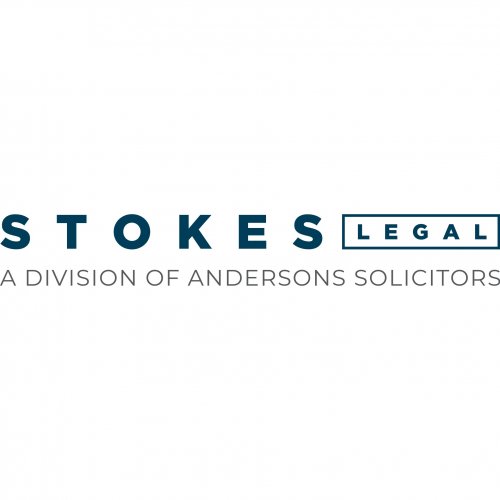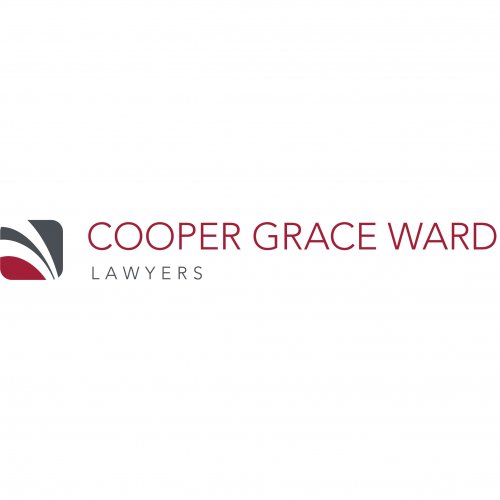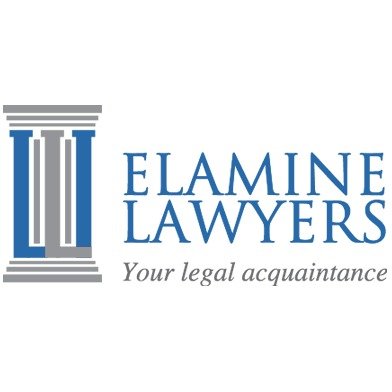Best Government Relations & Lobbying Lawyers in Australia
Share your needs with us, get contacted by law firms.
Free. Takes 2 min.
Or refine your search by selecting a city:
List of the best lawyers in Australia
About Government Relations & Lobbying Law in Australia
Government relations and lobbying in Australia involve engaging with government officials and policymakers to influence public policy and decision-making processes. This can include activities such as presenting information, advocating for particular issues, or negotiating terms on behalf of organizations or interest groups. The purpose is to ensure that regulations and policies align with the interests of the stakeholders represented by the lobbyists. Australia's legal framework for lobbying is designed to promote transparency and accountability, with specific legislation and codes of conduct that govern how lobbying activities are carried out.
Why You May Need a Lawyer
Legal assistance in the field of government relations and lobbying may be required for several reasons:
- Regulatory Compliance: Ensuring adherence to the complex regulations governing lobbying activities.
- Drafting Agreements: Creating agreements related to lobbying activities, including contracts with clients or government entities.
- Conflict of Interest: Identifying and managing potential conflicts of interest that could arise during lobbying efforts.
- Transparency and Disclosure: Understanding and fulfilling requirements for transparency and disclosure as per Australian law.
- Advocacy: Effectively advocating for clients’ interests and navigating the intricate political landscape.
Local Laws Overview
Australia has a robust framework regulating lobbying activities to ensure transparency and ethical conduct. Key aspects include:
- Lobbying Codes of Conduct: Comprehensive guidelines that outline acceptable behaviors for lobbyists.
- Register of Lobbyists: The requirement for lobbyists to be registered to legally engage in lobbying in Australia.
- Disclosure Requirements: Obligations to disclose lobbying activities to maintain transparency in the influence exerted over public officials.
- Anti-Corruption Measures: Laws in place to prevent corrupt practices and ensure fair government processes.
Frequently Asked Questions
1. What is lobbying?
Lobbying involves engaging with government officials to influence decision-making processes and ensure policies align with particular interests.
2. Is lobbying legal in Australia?
Yes, lobbying is legal in Australia but is subject to strict regulations to ensure transparency and integrity.
3. What is the Register of Lobbyists?
The Register of Lobbyists is an official list of individuals and companies that are legally permitted to engage in lobbying activities.
4. Who regulates lobbying in Australia?
The Australian Government, through various codes of conduct and legislation, regulates lobbying activities at both federal and state levels.
5. What are the key ethical guidelines for lobbyists?
Lobbyists must adhere to principles of integrity, honesty, transparency, and avoid conflicts of interest in their professional conduct.
6. Can anyone become a lobbyist?
While many people can become lobbyists, they must register and comply with legal requirements and ethical standards.
7. How do lobbyists disclose their activities?
Lobbyists must regularly report their lobbying activities, ensuring detailed accounts of whom they have lobbied and the topics discussed.
8. What happens if a lobbyist violates regulations?
If a lobbyist breaches regulations, they may face penalties, fines, or exclusion from lobbying activities altogether.
9. How can I ensure compliance with lobbying regulations?
Employing a lawyer with expertise in government relations and lobbying law can help ensure compliance with all relevant regulations.
10. What is considered a conflict of interest in lobbying?
A conflict of interest arises when a lobbyist's personal interests might interfere with their professional duties and objectivity.
Additional Resources
For those seeking further information or assistance in government relations and lobbying in Australia, consider consulting the following resources:
- Australian Government Lobbyist Register
- Australian Public Service Commission
- Transparency International Australia
- Office of the Australian Information Commissioner
Next Steps
If you require legal assistance in the realm of government relations and lobbying, consider taking the following steps:
- Identify Your Needs: Clearly define what you require help with in the area of lobbying and government relations.
- Research Law Firms: Look for law firms with a specialized focus on government relations and lobbying law.
- Consult a Lawyer: Schedule a consultation with a legal expert to discuss your situation and the best course of action.
- Document Your Activities: Maintain accurate records of your lobbying activities for compliance purposes.
Lawzana helps you find the best lawyers and law firms in Australia through a curated and pre-screened list of qualified legal professionals. Our platform offers rankings and detailed profiles of attorneys and law firms, allowing you to compare based on practice areas, including Government Relations & Lobbying, experience, and client feedback.
Each profile includes a description of the firm's areas of practice, client reviews, team members and partners, year of establishment, spoken languages, office locations, contact information, social media presence, and any published articles or resources. Most firms on our platform speak English and are experienced in both local and international legal matters.
Get a quote from top-rated law firms in Australia — quickly, securely, and without unnecessary hassle.
Disclaimer:
The information provided on this page is for general informational purposes only and does not constitute legal advice. While we strive to ensure the accuracy and relevance of the content, legal information may change over time, and interpretations of the law can vary. You should always consult with a qualified legal professional for advice specific to your situation.
We disclaim all liability for actions taken or not taken based on the content of this page. If you believe any information is incorrect or outdated, please contact us, and we will review and update it where appropriate.
Browse government relations & lobbying law firms by city in Australia
Refine your search by selecting a city.
















